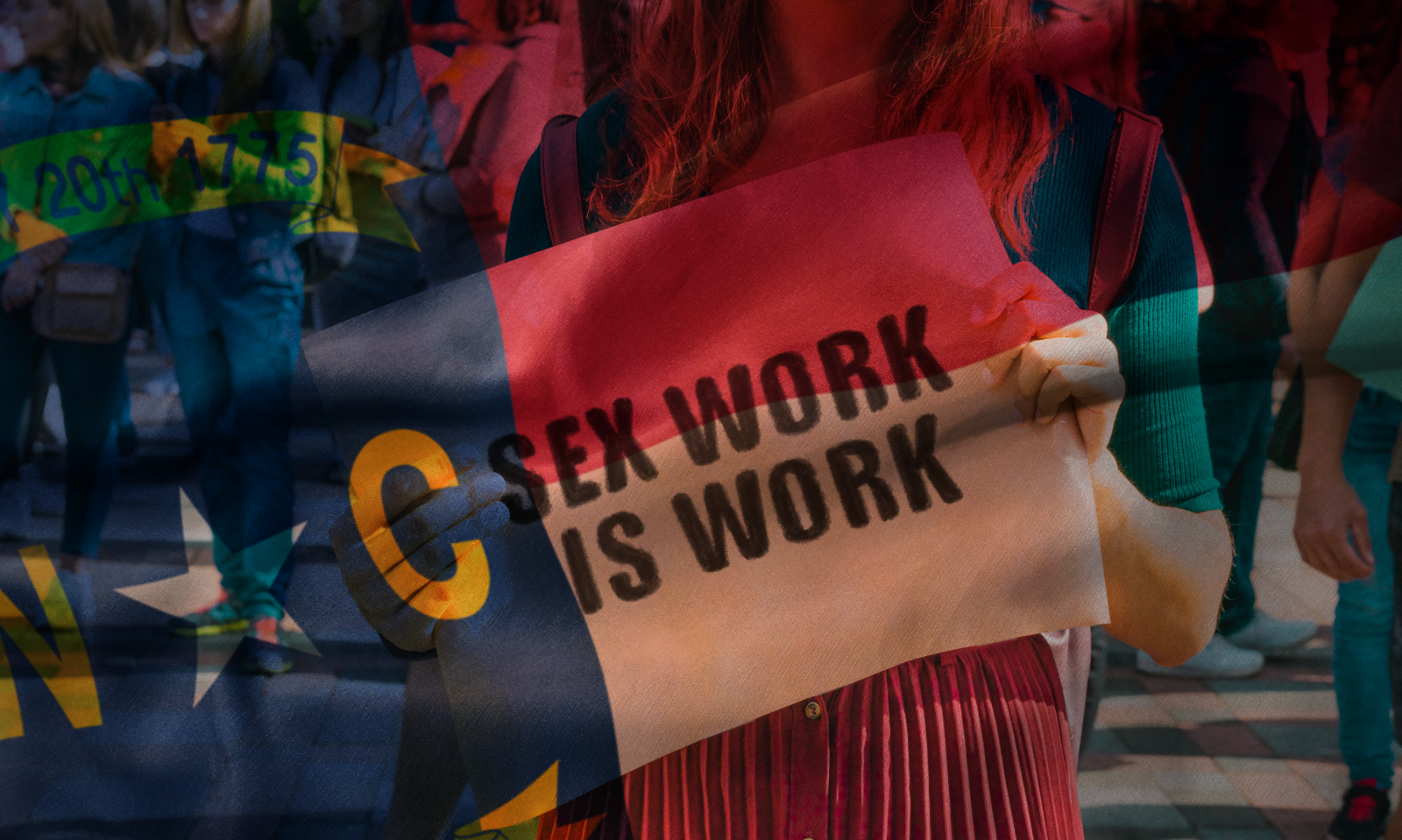
RALEIGH, N.C.—Earlier this year, North Carolina lawmakers adopted House Bill (HB) 971 with the support of Gov. Roy Cooper, a moderate Democrat.
Adopted with broad support in both chambers of the Republican-controlled North Carolina General Assembly, HB 971 is a sweeping measure that overhauls human trafficking prevention measures statewide. This includes amending existing criminal statutes to make soliciting a sex worker for their services a felony charge.
Sex workers who are legally defined by North Carolina criminal statutes as prostitutes and engaging in the act of prostitution are shielded from charges. This type of regulatory and criminal regime over consensual sex work emulates the so-called Nordic model, also known as the Equality model, that only punishes sex buyers.
These portions of HB 971 enter force on December 1, 2024, while the remainder of the overhauled human trafficking laws enter force next summer.
AVN has previously reported on how HB 971 bans the viewing of pornography on government-owned devices and broadband networks. However, the Nordic model provisions were buried in the engrossed law. Yes Weekly, an alternative weekly newspaper based in Greensboro, N.C., recently highlighted these provisions.
The weekly's journalist for the report, Ian McDowell, obtained comments from an anonymous sex worker operating in the Greensboro area.
"These laws conflate coercion with agency and in doing so, remove the acknowledgment of agency for all sex workers who choose their profession," the unnamed sex worker told McDowell. "Presuming victimhood for all sex workers is inaccurate and inhumane.”
Blair Hopkins, the executive director of SWOP Behind Bars, told AVN something similar when asked about her organization's reaction to the increased penalties.
"Legislation that affects sex workers should be informed by those with lived experience, and by experts in agencies who do direct-client service provision, not by people whose livelihoods depend on trading moral panic for cheap political gains," said Hopkins, explaining that there is no human rights or civil liberties basis.
Non-governmental organizations from all over the world have criticized Nordic model laws, including criminalizing and overcriminalizing consensual sex work transactions. For example, the American Civil Liberties Union (ACLU) supports total decriminalization.
"Sex workers deserve the same legal protections as anybody else," the ACLU wrote in
an issue brief published in July 2023. "Decriminalization would help bring sex workers out of the dangerous margins and into the light where people are protected—not targeted—by the law."
There is also a bevy of academic and practical evidence to suggest Nordic model regulation makes sex work much more dangerous.
For example,
a study of European laws
published in the peer-reviewed
Journal of Law and Economics in 2023 concluded that decriminalization and total legalization led to lower
incidence rates of sexual assault in legal environments where Nordic and criminalization models are in place.
A
viewpoint article published in 2017 in the American Medical Association's peer-reviewed
AMA Journal of Ethics also
characterized decriminalization as a key public policy factor to effectively combat human and sex trafficking in the United States.
"When demand is constrained by criminal liability, the basic laws of supply-and-demand dictate that the supply side is the one having to make concessions," Hopkins added. "Which is to say, those trading sex are put at a 'market' disadvantage and are more likely to be coerced into riskier terms and lower prices."
Other groups backing decriminalization include some agencies of the United Nations and the World Health Organization.









